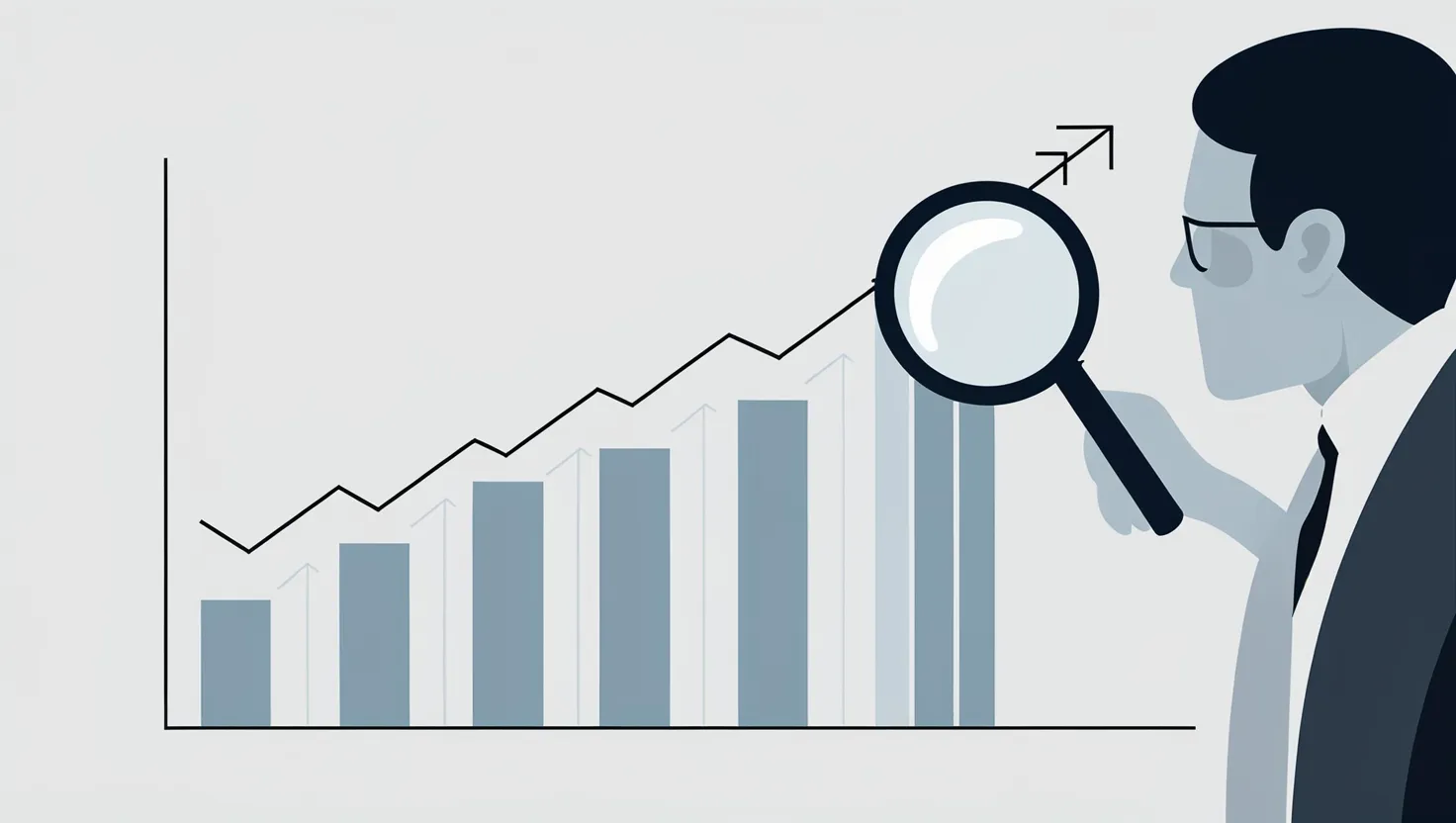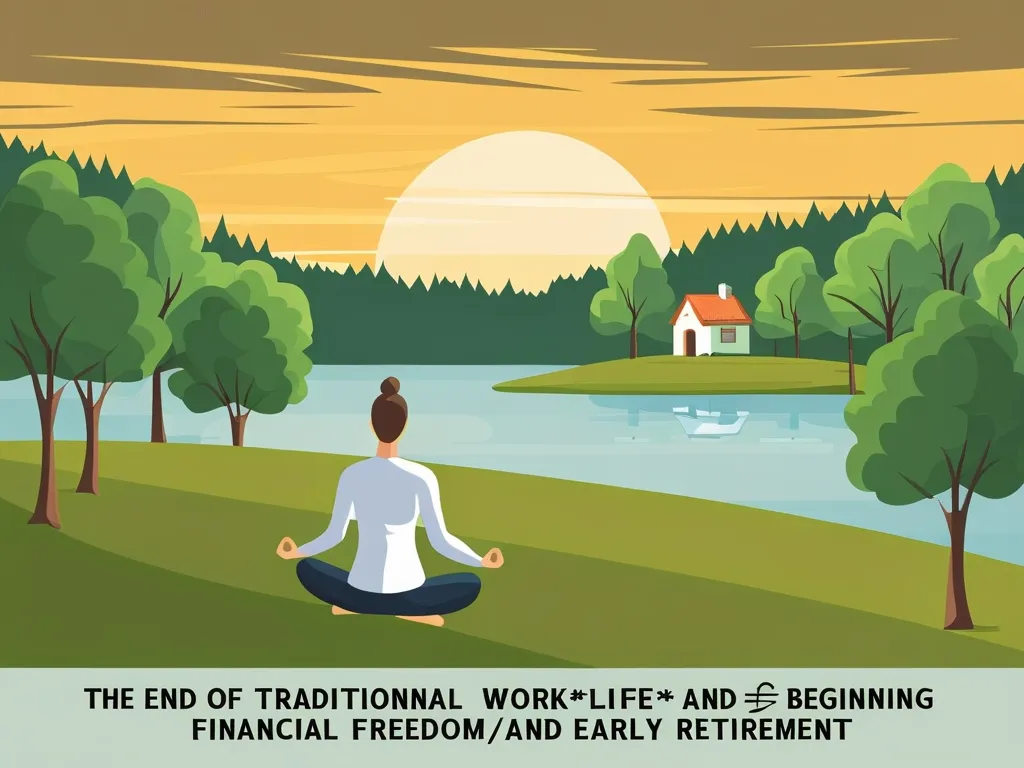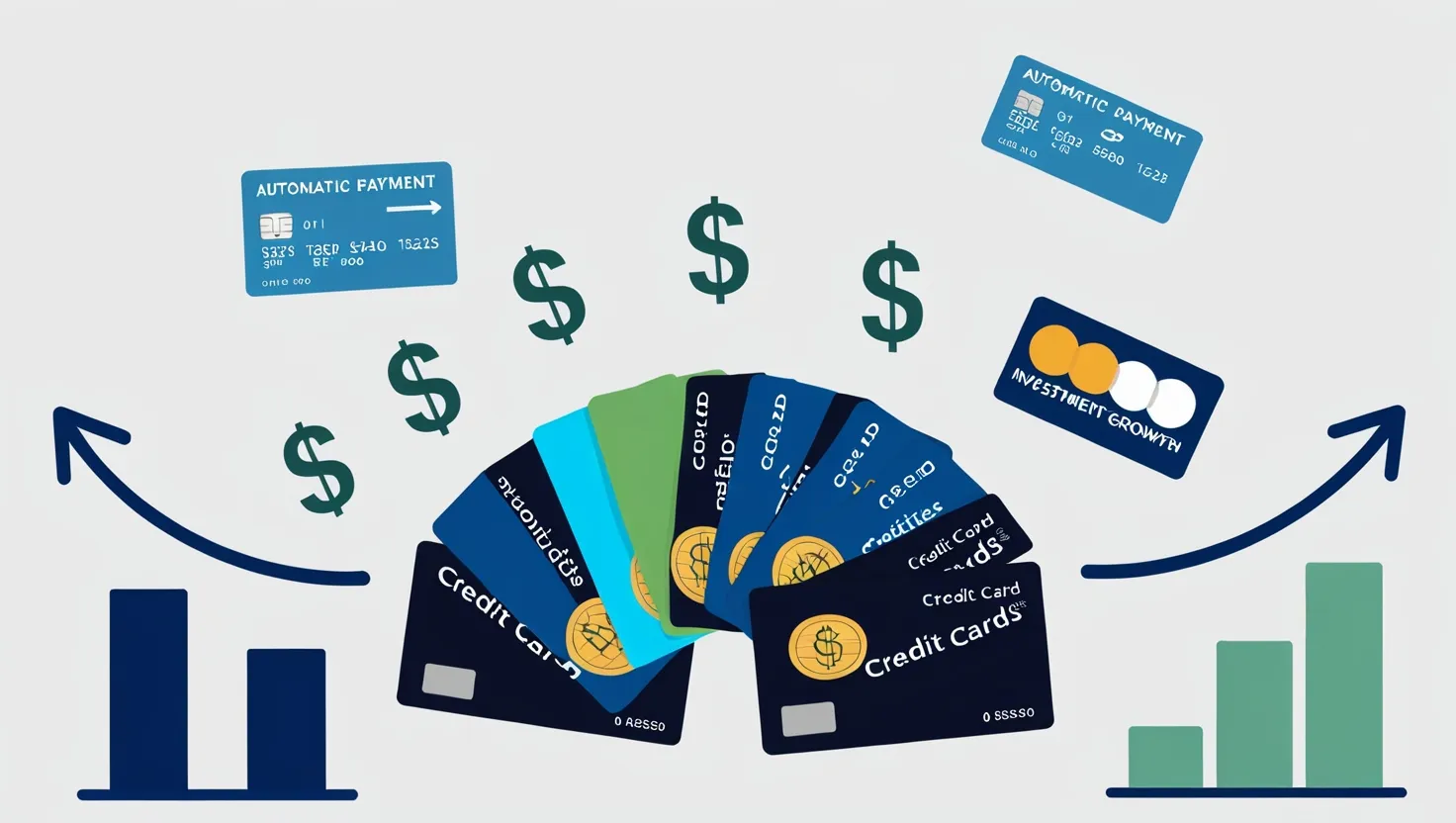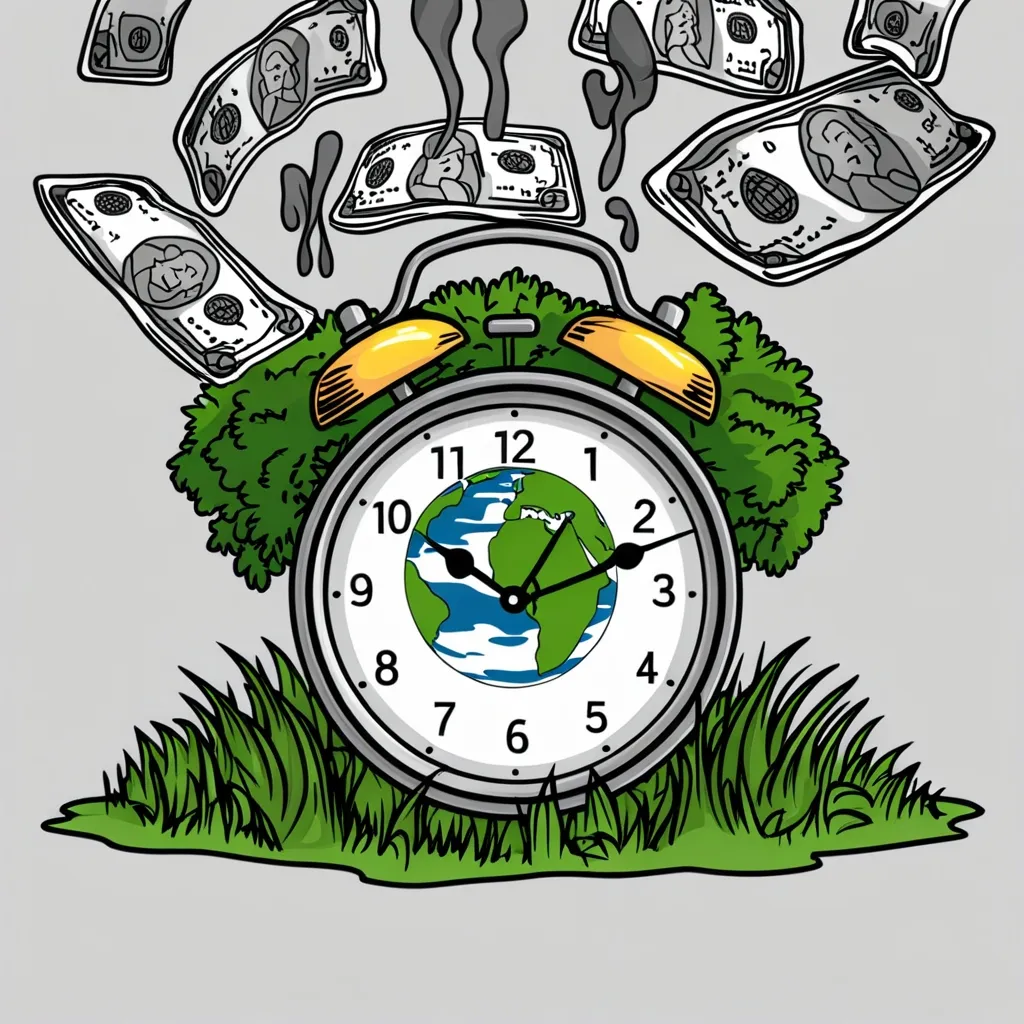Day trading gets people talking. Some are all for it, while others are pretty skeptical. The idea is simple: buy and sell financial stuff within one trading day, hoping to cash in on those quick price changes. Sounds tempting, right? But, it’s essential to know the good, the bad, and the ugly before jumping into it.
The big draw of day trading is the chance to make some serious cash. You can do multiple trades a day, and each one could be a win. This can be especially exciting in super-volatile markets. Prices bounce around a lot, giving day traders plenty of chances to buy low and sell high. Another plus? No overnight risk. Day traders shut everything down before the day ends, dodging those unexpected overnight market shocks that can mess with longer-term investments.
Day trading offers a lifestyle that’s hard to beat. Being your own boss and setting your schedule is freedom personified. If you’re good at it, you can work a few hours and have the rest of the day to do whatever you like. Traveling, hobbies, or even just chilling out – you have the time to fit it all in. That beats being chained to a desk from nine to five any day.
Speed is the name of the game in day trading. High turnover means you can quickly reinvest your gains. This keeps the momentum going, and if you’re wise with leverage, you can magnify your returns. But remember, leverage is a double-edged sword. It can turn a good day into a great one, but it can also make a bad day downright terrible if not used carefully.
The life of a day trader isn’t all roses, though. It’s not for the faint-hearted. Watching the markets all day, staying on top of breaking news, and analyzing a bunch of technical indicators can drive you nuts. Constant vigilance is exhausting. If you can’t handle the heat, burnout is a real risk. To make it, you need mental stamina and a knack for making quick decisions under pressure.
Financial risks loom large in day trading. A harsh truth is that most newbies face significant losses initially. The SEC isn’t shy about saying many day traders fail to make consistent profits. On top of potential losses, trading fees and commissions can add up fast, even on platforms with zero-commission trades. Don’t forget about leverage – while it can help, it can also dramatically increase your losses. A solid risk management plan is a must.
Day trading thrives on market volatility, but that volatility can be a double-edged sword. Market conditions can flip in an instant, turning a winning trade into a loser before you know it. Also, the competition is fierce. High-frequency traders and other market pros with cutting-edge tools are tough rivals, making it hard for individual traders to stay competitive.
There’s a steep learning curve in day trading. New traders often lose money before they start getting the hang of it. Emotional control is crucial. If you let fear or greed drive your decisions, you’re headed for trouble. The emotional strain can sometimes spill over into mental health issues like anxiety or depression.
Day trading is not for those looking to ride the long-term upward trend in most assets. By selling everything by the end of the day, traders miss out on potential long-term gains. For those who like their investments passive and long haul, day trading might seem like a missed opportunity.
Practical considerations matter too. Day trading needs significant capital upfront. In the U.S., the Pattern Day Trader Rule means you need at least $25,000 to trade stocks daily. This rule is supposed to protect traders, but it’s also a hefty barrier for anyone who doesn’t have that kind of cash lying around.
In conclusion, day trading isn’t everyone’s cup of tea. Sure, the potential for high returns and a flexible lifestyle is there, but so are the risks, stress, and time demands. It’s vital to weigh the pros and cons and make sure you’ve got the right skills, mindset, and resources before diving in.
For those ready to put in the hard work, day trading can be rewarding. Success demands a clear plan, ironclad risk management, and a methodical approach. Without these, the odds of making it are slim, and the financial risks are high.
Whether day trading is right for you depends on your personal circumstances, financial goals, and preferences. It’s a tough, yet possibly rewarding path that needs dedication, discipline, and a strong understanding of the markets.






